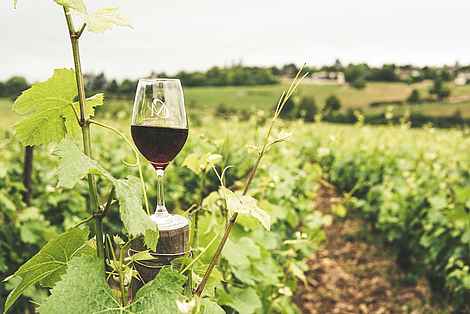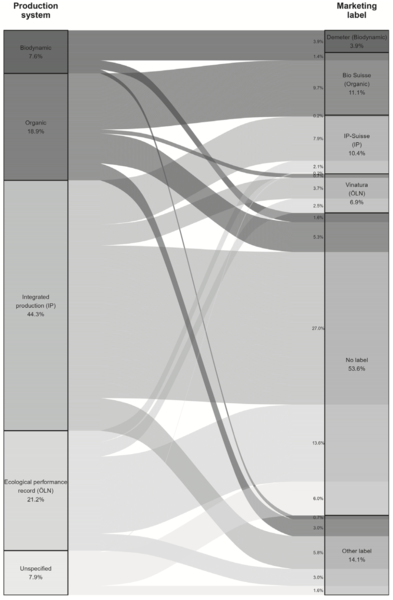Many Swiss farmers voluntarily refrain from marketing their wines under a biodynamic or organic label, even though they meet the relevant requirements. This is the result of a study conducted in 2024.
For this study, Zachmann et al. surveyed 436 winegrowers about their production methods. The surveys were conducted in all geographic areas , wine regions and language areas of Switzerland. The results show that of the 115 wineries that produce either organically or biodynamically, 43.5% do not market their products under a corresponding label. Of the 27 biodynamic farms, only half use a Demeter label.
What are the reasons for such a decision? Certifications and labels are associated with both financial and administrative costs. Smaller farms or those with a low income from viticulture often decide against a biodynamic or organic label, as the possible price premiums do not justify the increased costs. In addition, many farmers who choose not to use organic labels use alternative labels, such as for fungus-resistant varieties. These labels require less effort and are nevertheless associated with sustainability features. The type of marketing also plays a role: direct marketers often communicate their sustainable practices personally, without labels.

